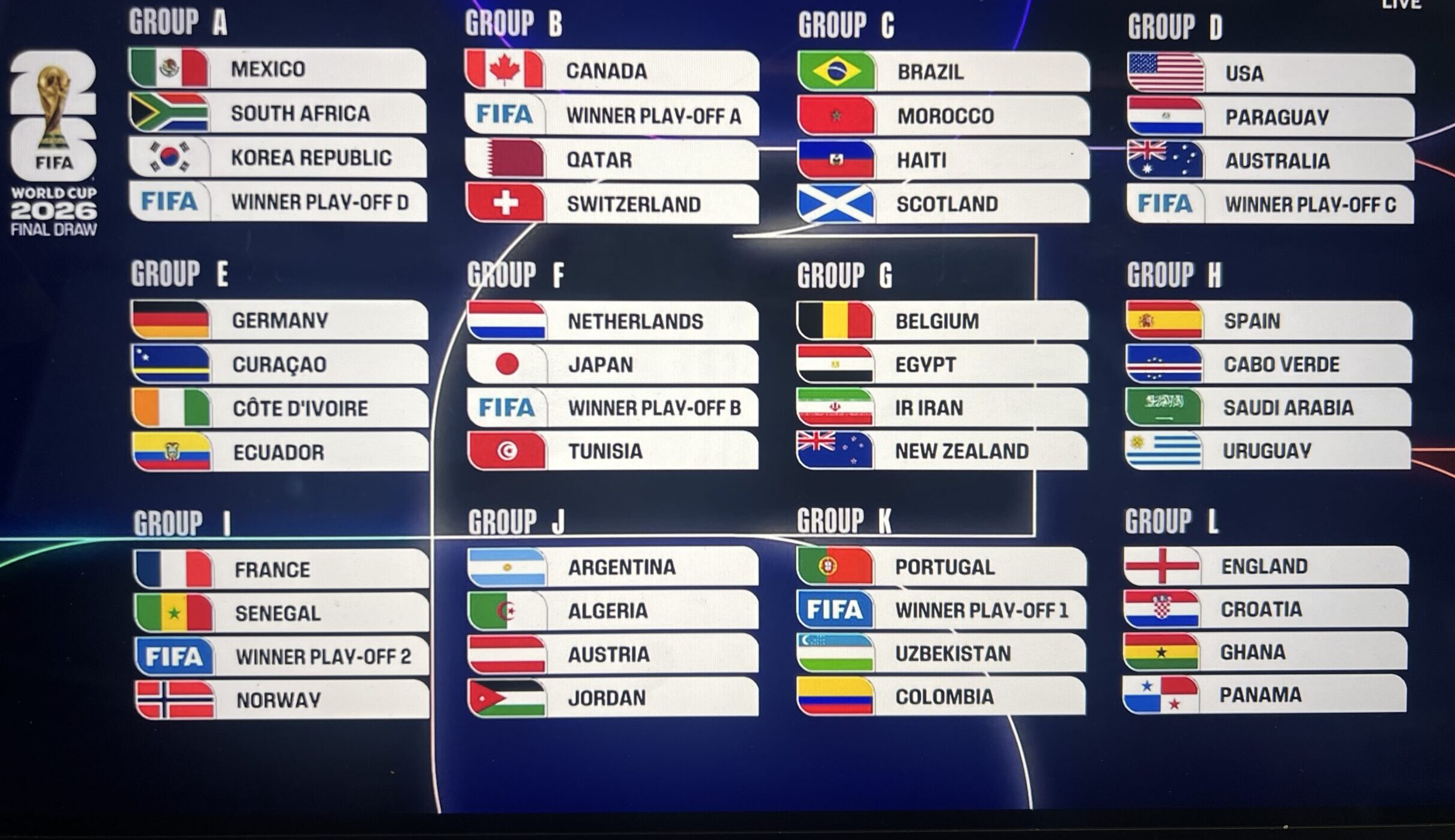|
By Lawrence Ostlere It is said that when Franz Beckenbauer signed for the New York Cosmos in 1978 for over a million dollars, the club president expected to see an attacking maestro to replace their star attraction, Pele. So when the German began his debut match in his self-styled sweeper role behind the Cosmos defence, his club’s hierarchy were as unimpressed as they were confused by just what they had spent all that money on. But this was the way he played. Generally acknowledged as the greatest player in Germany’s illustrious history, Beckenbauer was an organiser, a leader from the back who would command games from his post, and command respect from everyone. It seems apt that Germany’s iconic figure should personify the very nature of German football – methodical and practical, organised and efficient, with a ruthless attacking streak. Indeed, despite his principally defensive role, Beckenbauer mastered the art of timing his forays forward, finishing third highest scorer at the 1966 World Cup. However, in defeating Australia four nil in their opening group game, Beckenbauer may just have seen the first glimpse of a new Germany. They remain solid in defence of course, underpinned by the giant figure of Per Mertesacker and the quality of stand-in captain Phillip Lahm. However, this German side showed flair and imagination on a new level to tear open the Socceroos’ back-line. Mesut Ozil was the creative heartbeat of a team that showed instinctive movement and inventive passing to get behind Australia and create goal-scoring opportunities, which were taken emphatically – the ruthless streak remains then. The central midfield pairing of Bastian Schweinsteiger and Sami Khedira were skilful on the ball and controlled the game, spraying passes for Muller and Podolski to launch the next assault from wide. All four joined striker Miroslav Klose in advanced positions, running into channels and stretching the Australian defence as Ozil pulled the strings. Injured captain Michael Ballack, who represents many of the old German values, was not missed as this young squad – just two outfield players are in their 30s – showed its potential. The late cameo from Brazilian-born Cacau was yet another illustration of the technique and skill available to Coach Joachim Loew. And it’s not just Germany that will be pleased – a performance of such attacking intent was exactly what the tournament needed. For all the hype and excitement in the build-up to South Africa, the performances on the pitch have not yet matched the fantastic atmosphere off it. I have been (un)fortunate enough to watch every minute of every game so far, including the extremely tedious encounter between France and Uruguay on Saturday, and although it is still very early, Germany’s has been the first performance to truly leave its mark. It is of course worth noting that Australia started poorly, and that when they did begin to get a foothold in the match, their talisman Tim Cahill was very harshly sent off. But despite this, Germany have set the standard, providing teams like Spain, Italy and Brazil with a level to aim for as they begin their tournaments in the coming days. Interestingly, Brazil have been tipped this year to show far less of their patented flair and carefree approach, due to coach Dunga’s preference for a methodical strategy one would associate with Beckenbauer and Germany. It is ironic, then, that in this role-reversal, Germany’s adventure and creativity might be the very thing to spark the World Cup to life. The Highlights
Lawrence Ostlere is a freelance writer and can be reached at: lawrence.ostlere@hotmail.co.uk |
Your Soccer Resource Center














